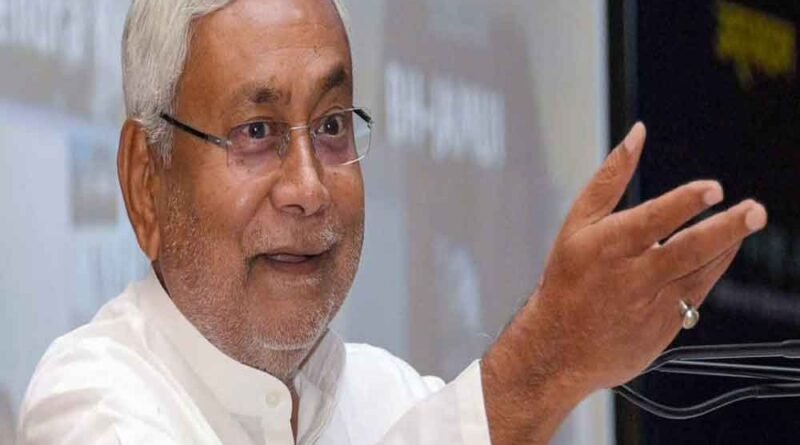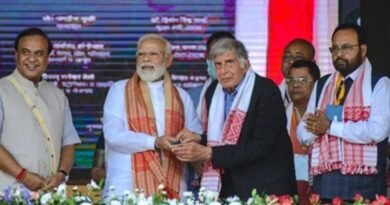Risky move
The caste census in Bihar could open a Pandora’s box; the BJP must oppose it
Bihar Chief Minister Nitish Kumar’s decision to conduct a caste-based survey of the State’s population doesn’t augur well for politics. After a two-hour meeting with representatives of nine parties on Wednesday, he said: “It (caste census) will take into account all the aspects related to every castes and sub-castes (sic)… for help in planning for their uplift. The ultimate objective of the exercise is to ensure development with justice to all.” Kumar’s basic premise seems to be: only a caste-oriented policy framework can deliver development and justice. The premise is flawed, for empirical evidence suggests otherwise. The development indices of a State are inversely proportional to the incidence of caste and its insidious role in politics and policy. It is widely acknowledged that one of the main reasons for the backwardness of Bihar is caste. Unfortunately, the Bihar Chief Minister wants to nurture something that has plagued the State for so long and so gravely. While India has been carrying out a census every 10 years since Independence, only the scheduled castes and scheduled tribes are enumerated separately. For before 1947 nationalist leaders were always against caste census; they believed, rightly so, that caste census would perpetuate divisions in the country. The Congress declared January 11, 1931, as Census Boycott Sunday. Nationalists mentioned their profession as “Bande Mataram.” In fact, it was owing to their opposition that after 1931, the British gave up the caste census; the one held in 1941 was not such.
It may be recalled that the 1990 Mandal Commission had based its views and recommendations on the basis of 1931 — and one of the grounds on which its report was criticised was this. Regarded against such historical backdrop, the demand for and insistence on caste census is surely depressing. Owing to the impetus Mandal gave to casteist politics, the Congress-led Government succumbed to the demand for a caste census, Socio Economic and Caste Census (SECC), in 2011. Unwilling to open a Pandora’s box, the United Progressive Alliance Government didn’t release the SECC data. Sharing the UPA’s scepticism, the Narendra Modi Government has also refused to do so. As Minister of State for Social Justice Pratima Bhoumik said in Parliament a few months ago: “The Socio-Economic Caste Census 2011 conducted by the Ministry of Rural Development and the Ministry of Housing and Urban Affairs could not correctly capture the caste status of households other than SCs/STs (Scheduled Castes/Scheduled Tribes). Besides, the data is now outdated.” Obviously, this has not satisfied Kumar and other politicians who want to bring back the period, beginning in the 1990s, when caste ruled supreme in Indian politics. They may also find ample support from a section of intellectuals who have not only favoured Mandal but also saw caste as, to use the late Rajni Kothari’s term, “a great seculariser”. This may even stop the Modi juggernaut. The Bharatiya Janata Party, however, has no reason to support a caste census.
Source : The Pioneer




